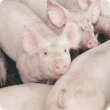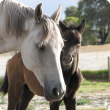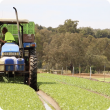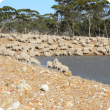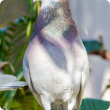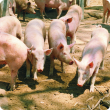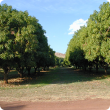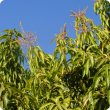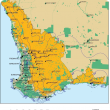Filter by regions:
- (-) Remove Great Southern filter Great Southern
- (-) Remove Kimberley filter Kimberley
- Mid West (169) Apply Mid West filter
- South West (169) Apply South West filter
- Gascoyne (168) Apply Gascoyne filter
- Peel (168) Apply Peel filter
- Wheatbelt (159) Apply Wheatbelt filter
- Pilbara (157) Apply Pilbara filter
- Goldfields-Esperance (155) Apply Goldfields-Esperance filter
- Perth regions (144) Apply Perth regions filter


